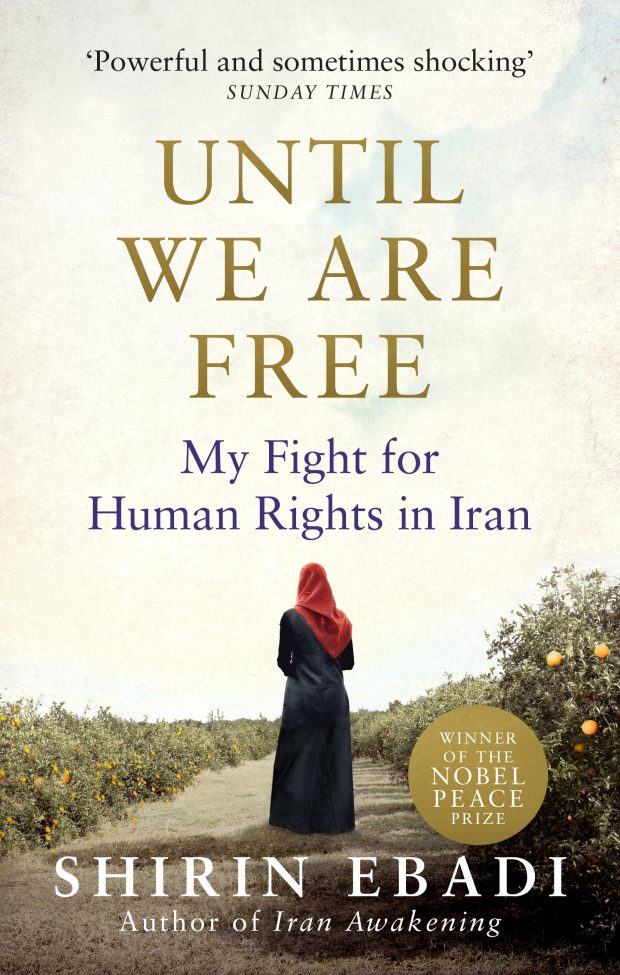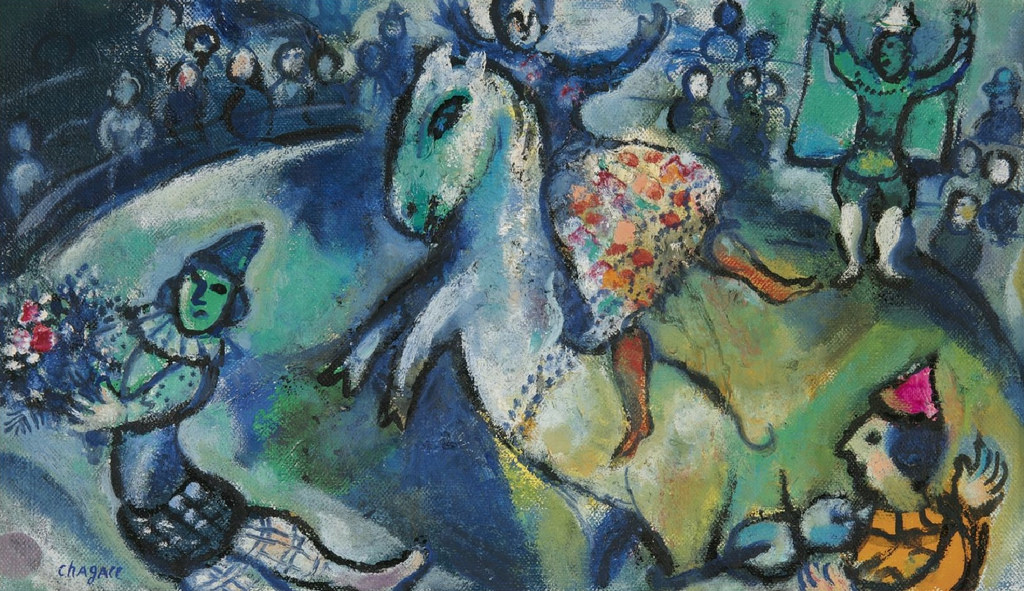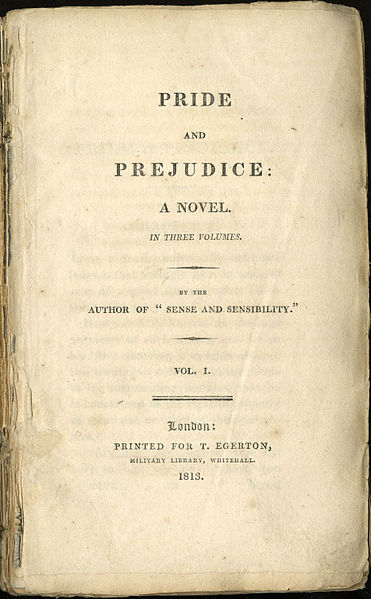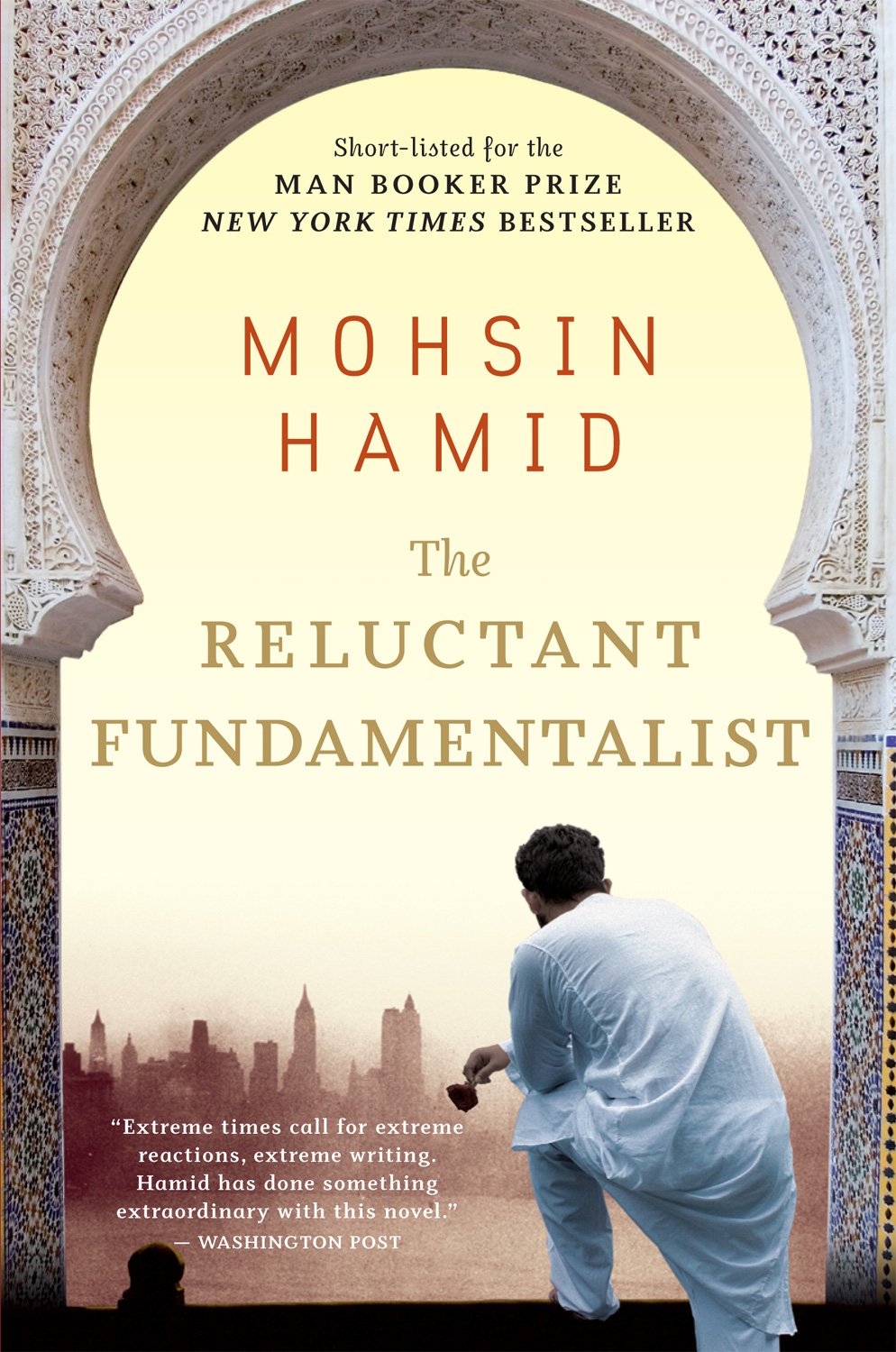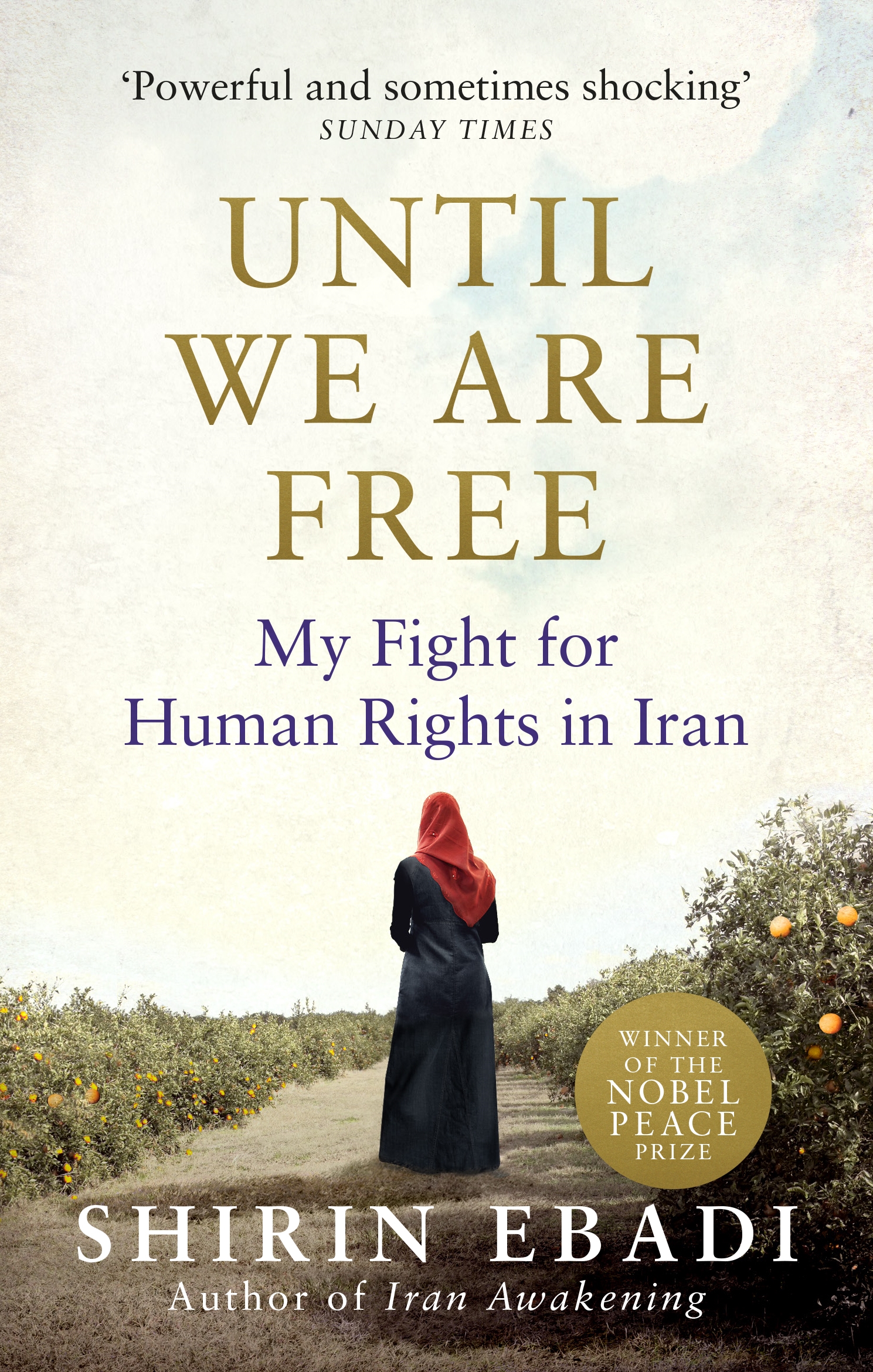
[Book Review] Words and Tea
Until We Are Free
Shirin Ebadi, Random House, 2016
“I have lost more than I ever thought possible, but I nevertheless thank God that even from exile I can still work to build my country.”
Shirin Ebadi was only ever interested in human rights. It was her delight to sit with the most vulnerable in society and comfort them with words and tea—something she liked to call “tea therapy”. Political abuse and corruption were not priorities, that is, until she realized that true humanity could only be won through the politics of the day. In her haunting memoir, Until We Are Free, former Iranian judge and lawyer Shirin Ebadi recounts her dedication to not only women’s rights in Iran, but also to the nation’s search for peace.
After having won the Nobel Peace Prize in 2003 for her human rights activism, many had thought Ebadi’s career as a lawyer would only be met with more success, if not ease. However, her international title was not met with the same honor and respect by many high-ranking officials in her own country. Iran’s conservative ruling factions, many supported by the Supreme Leader, considered Ebadi’s title proof that she was cavorting with secular Western influences and would only threaten Iran’s strict religious status quo.
Her work to provide support to those in need—often women, children, and political dissidents—was seen as a direct challenge to the ruling theocracy. In response, authorities resorted to the base tactics of extortion and bullying to get Ebadi to hush up about blatant atrocities committed against innocent citizens.
Her job was not to change the law. Indeed, Ebadi believed that Koranic principles were not discriminatory to minorities when properly applied to the law. But when national councils said men could have up to four wives and that a married woman cannot travel without the written permission of her husband—all under the name of Islam, Ebadi made her opinions known and pushed for legal changes.
It turned out there was a price that came with change. Life after her Nobel prize was marked by immense tragedy, betrayal by loved ones, and difficulties at every corner. Iran’s most powerful stripped Ebadi bare until she had almost nothing left, save her life. Now, she lives in exile in the UK, unable to return to her beloved homeland.
Her words are laced with a particular sadness as she gives in detail memories of trauma and disbelief. Despite this, Ebadi makes it clear that she did not write for herself, or simply to wallow in self-pity. Each page resonates with her reminder in one of her final statements, “What you can take away from my personal story is this: if a government can behave in this way with a Noble Peace laureate…you can imagine what it does to ordinary Iranians.”
As Shirin Ebadi continues to be the voice for future generations in Iran, calling them out to onto the streets in their fight for justice, it seems that her words and tea did much more than she could have ever imagined.



